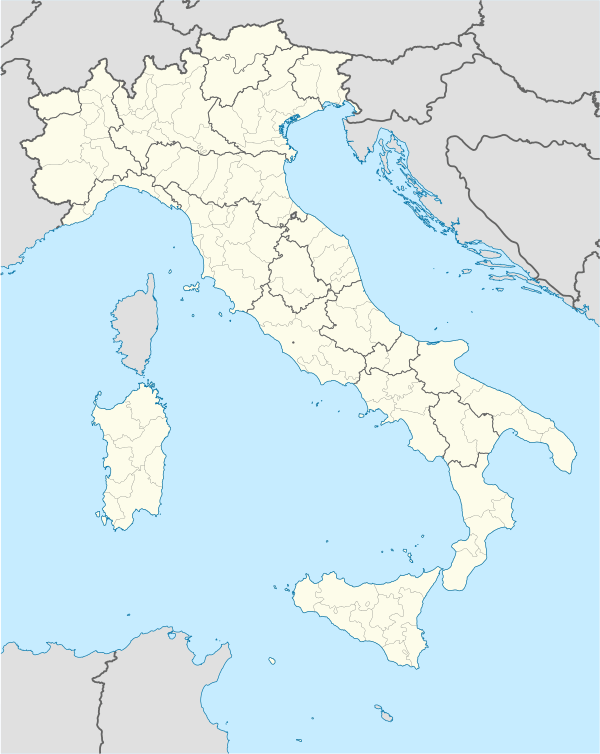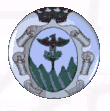Allumiere
| Allumiere | ||
|---|---|---|
| Comune | ||
| Comune di Allumiere | ||
| ||
 Allumiere Location of Allumiere in Italy | ||
| Coordinates: 42°9′N 11°54′E / 42.150°N 11.900°ECoordinates: 42°9′N 11°54′E / 42.150°N 11.900°E | ||
| Country | Italy | |
| Region | Latium | |
| Province / Metropolitan city | Rome (RM) | |
| Government | ||
| • Mayor | Augusto Battilocchio | |
| Area | ||
| • Total | 92.2 km2 (35.6 sq mi) | |
| Elevation | 522 m (1,713 ft) | |
| Population (31 December 2014[1]) | ||
| • Total | 4,059 | |
| • Density | 44/km2 (110/sq mi) | |
| Demonym(s) | Allumieraschi | |
| Time zone | CET (UTC+1) | |
| • Summer (DST) | CEST (UTC+2) | |
| Postal code | 00051 | |
| Dialing code | 0766 | |
| Patron saint | St. Mary of Graces(Madonna delle Grazie) | |
| Saint day | September 8 | |
| Website | Official website | |
Allumiere is a comune (municipality) in the Metropolitan City of Rome in the Italian region Latium, located about 60 kilometres (37 mi) northwest of Rome.
Allumiere is traditionally divided into the contrade of Burò, Ghetto, La Bianca, Nona, Polveriera, and Sant'Antonio.
History
Although evidence of human settlements in the local area date back to the Neolithic age, the origins of the modern town of Allumiere are relatively recent. Allumiere was founded in the late 15th century to house the workers and the administrators of the important mines of alunite of the nearby Monti della Tolfa range. The exploitation lasted until 1941. The mines in question were found shortly after the fall of the Eastern Roman Empire (1453). Before that date, the State of the Church used to buy alunite from there, but following the Turkish conquest, they had to find alternatives.
Twin towns
 Puçol, Spain
Puçol, Spain Deutschkreutz, Austria
Deutschkreutz, Austria Eglfing, Germany
Eglfing, Germany
